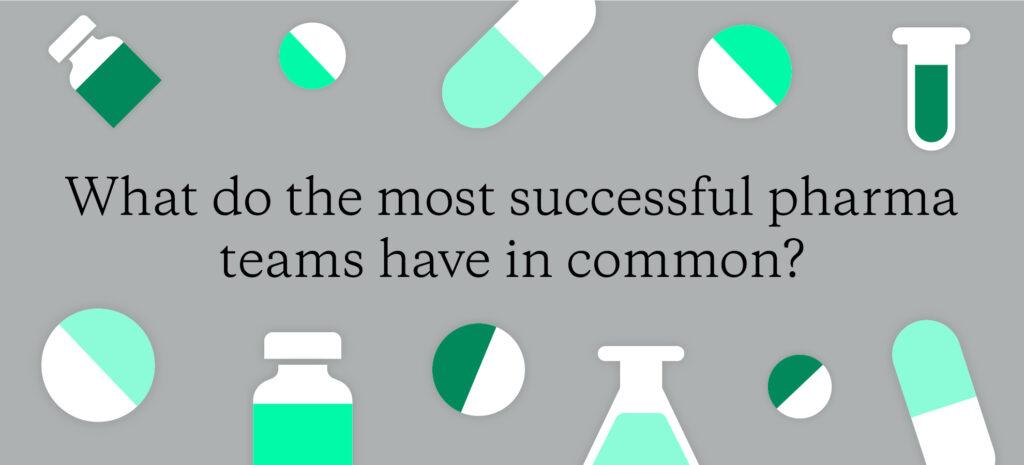As the modern healthcare landscape becomes more complex, medical affairs teams are increasingly critical to ensuring product launch excellence. It’s a daunting challenge: according to Deloitte, 36% of all drugs failed to meet market expectations in their first year, in part due to “functional silos that prevent large companies from developing a clear focus and comprehensive expertise in a specific disease area.” Our own research backs this up – in a poll, 42% of medical affairs teams said quickly translating information gathered into actionable insights is a challenge.
So how can medical affairs teams add value before and at launch to increase the chance of success? And what are the processes that could benefit from the application of insights management technology?
In a Reuters Health webinar, Within3 CEO Lance Hill moderated a discussion with medical affairs thought leaders from Novartis, Genentech, and Myovant Sciences to discuss why a robust insights management strategy is key to taking the reins of launch, and how medical affairs teams can drive launch success.
Expert selection, early on
“As medical affairs becomes central to launch much earlier, years earlier, in the commercialization timeline, identifying and selecting the right experts should be guided through insights gleaned internally and externally,” says Nindhana Paranthaman, Principal Medical Director, Genentech. This reflects the need to have more novel insights earlier in the drug development process, as well as a shift in how medical affairs teams are thinking about what constitutes a key opinion leader or influencer. “We are no longer targeting known KOLs,” says Parantharam. “We are finding rising stars and patient advocates in an extremely competitive landscape.”
The importance of patient insights to design effective treatments
Anne Wiland, Global Head of Medical Excellence, Oncology at Novartis says that without the right insights in designing clinical trials and gathering real world evidence, medical affairs teams won’t have data that’s meaningful for all patients at launch. “We can’t just focus on regulatory approval,” says Wiland. “We also need to focus on clinical adoption and the data needed at the time of launch.”
Working in a global world
Modern medical affairs teams must also face the reality that their remit is often global – working with groups across time zones and geographic borders to serve patients that live anywhere and everywhere. And while our world is more connected than ever in many ways, some organizations may struggle to unify their launch approach across teams. “There’s no one medical strategy,” says Thierry Schulman, Director of Medical Affairs Strategy at Myovant. “It’s a global strategy.
Insights management as the connective tissue
Addressing these complex challenges across disparate teams and geographies is difficult, but insights management technology may hold the key to bridging these gaps. “Where I see the future,” says Wiland, “…is not only having the MSLs and the medical teams get those early insights prior to launch, but also to have a system where our research and development colleagues are out there, the CRAs monitoring the studies, the team internally enters some insights too.
“And, it would help if this system was available across countries. There may be patients in [other] countries where you want to share insights, and when you add the total volume of insights across countries, we might find a new signal to an adverse event, or to some other area where we can address a patient need.”
Listen to the panel’s full conversation in the video, or learn more about how the role of medical affairs is evolving before and at launch.







